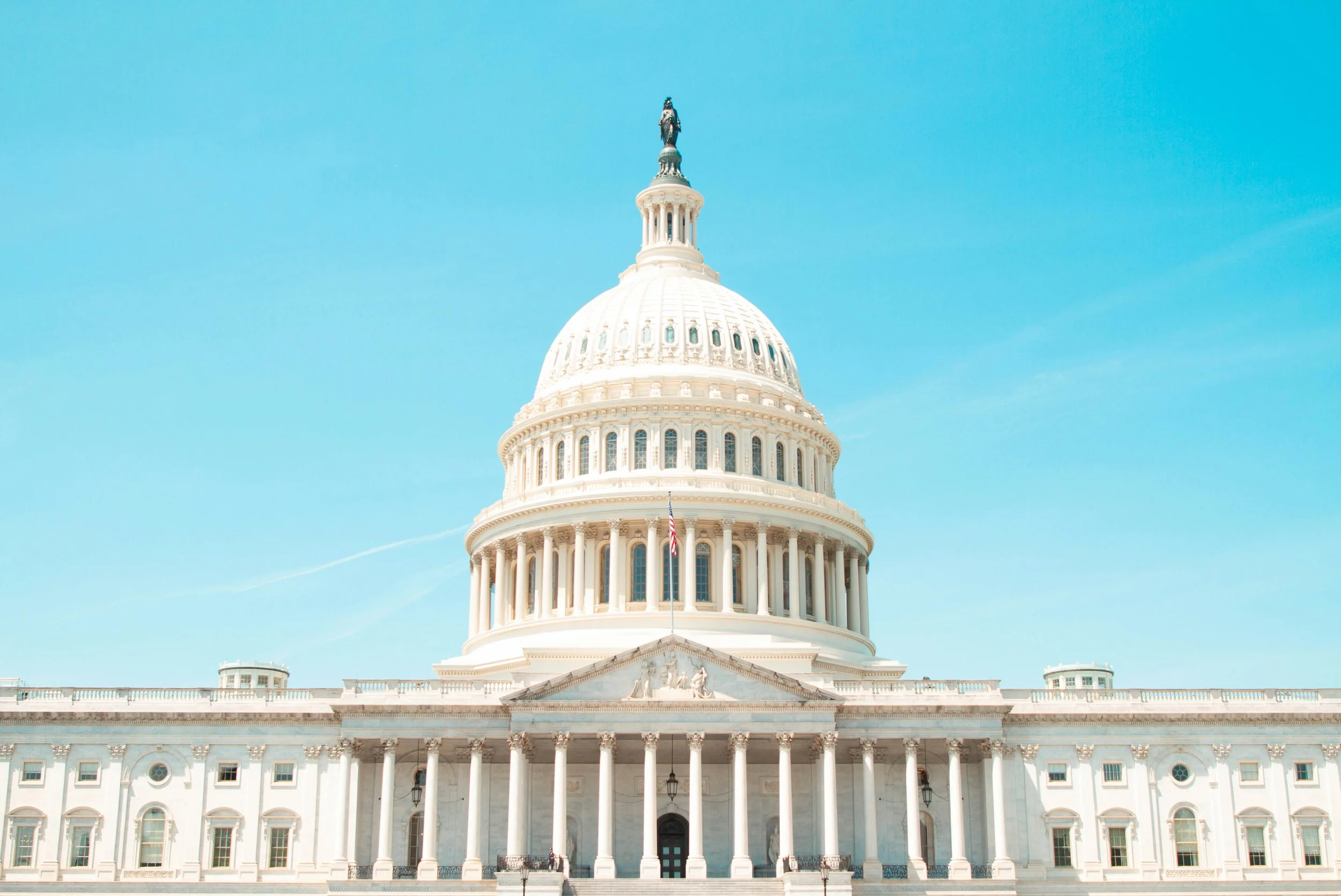Why Federal Buyouts Hurt All of Us
When Americans think about government waste, they picture bloated budgets or endless paperwork. What they rarely see is the slow collapse of expertise inside federal agencies.
Buyouts and early retirements, billed as cost-cutting measures, are hollowing out the very workforce that makes government work. According to media reports citing Office of Personnel Management data, more than 154,000 federal employees, about 6.7 percent of the civilian workforce, have already taken these offers. Each check handed out may balance a budget line today, but the long-term price will be paid by all of us.
On paper, buyouts reduce expenses. In reality, they undermine the government’s ability to function and weaken the retirement security of the very workers they are meant to serve.
Consider the personal side first. Federal benefits are not simple. The Federal Employees Retirement System, the Thrift Savings Plan, and the Federal Employees Health Benefits program are designed to work together over a full career. Leaving early disrupts that balance. A lump-sum buyout may cover short-term needs, but the long-term costs are far higher: weaker pensions, loss of lifetime health coverage, and fewer years for savings to grow.
Take the case of a mid-career analyst at OPM. After 18 years of service, he earned a solid salary, lived in suburban Maryland with his family, and had two children in high school. When a buyout was offered, it seemed like the right choice after years of mounting pressures. What he did not fully calculate was the cost of leaving before reaching full retirement eligibility. The decision meant higher health premiums for life and reduced pension income. One appealing check turned into decades of lost security.
This is not just about individual hardship. Families across the country depend on the federal benefits system for stability, whether through Social Security, healthcare oversight, or veterans’ benefits. When employees leave prematurely, it ripples outward. Mistakes in benefits administration or delays in oversight are not abstract risks. They land directly on the millions of Americans who depend on government to function smoothly.
The institutional consequences are even harder to replace. The employees who accept these offers are rarely new hires. They are experienced analysts, managers, and specialists who carry decades of institutional memory. Once gone, that knowledge is nearly impossible to rebuild quickly. When entire offices lose their veterans at once, the government’s capacity to meet its responsibilities is diminished overnight.
We are already seeing the effects. OPM’s shrinking staff means fewer experts to manage federal hiring and benefits. At other agencies, buyouts have left gaps in cybersecurity defenses, financial oversight, and healthcare administration. These are not background functions. They are central to keeping the country secure, solvent, and fair.
The appeal of buyouts lies in budget math. Eliminate salaries today and you can claim savings in the next fiscal report. But that view ignores the hidden costs. A hollowed-out federal workforce means slower disaster responses, weaker protection of taxpayer dollars, and declining public trust in government. Those consequences never show up in a budget document, but they shape the country’s future in profound ways.
There are better options. Employees considering a buyout should receive mandatory financial counseling so they understand what they are giving up. Agencies should be required to certify that they can still perform their core missions before buyouts are approved. Congress should take a closer look at how these programs are used and whether they serve long-term public interests or simply help agencies meet short-term budget targets. Lawmakers could also require agencies to report the real costs of lost expertise, not just the immediate savings.
Used responsibly, buyouts can have a place in workforce planning. Used recklessly, they are a quiet form of institutional self-sabotage. Each buyout accepted is one more subtraction from the government’s ability to serve its people. Each departure makes it harder to preserve the competence that has been built over decades.
If we continue to treat federal workers as expendable for the sake of short-term savings, we will pay the price in weaker institutions and diminished public trust. America’s strength has always rested on the skill and dedication of its people, including those who work behind the scenes in government. To treat them as mere budget numbers is to forget that they are the foundation of the system. Once that foundation is weakened, rebuilding it will cost far more than any buyout check can save.

